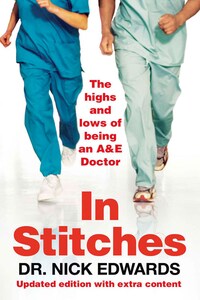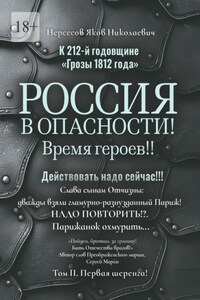In Stitches

The true story of an A&E doctor that became a huge word-of-mouth hit – now revised and updated.
FROM THE PUBLISHER THAT BROUGHT YOU CONFESSIONS OF A GP.
Forget what you have seen on Casualty or Holby City, this is what it is really like to be working in A&E.
Dr Nick Edwards writes with shocking honesty about life as an A&E doctor. He lifts the lid on government targets that led to poor patient care. He reveals the level of alcohol-related injuries that often bring the service to a near standstill. He shows just how bloody hard it is to look after the people who turn up at the hospital door.
But he also shares the funny side – the unusual ‘accidents’ that result in with weird objects inserted in places they really should have ended up – and also the moving, tragic and heartbreaking.
It really is an unforgettable read.
First published in 2007 when The Friday Project was a small independent, In Stitches went on to sell over 15,000 copies in the UK, the majority of which have come in the years since then. It has proved to be a real word-of-mouth hit.
This new edition includes lots of additional material bringing Nick’s story completely up to date including plenty more suprising, alarming, moving and unforgettable moments from behind the A&E curtain.
Книга издана в 2013 году.







